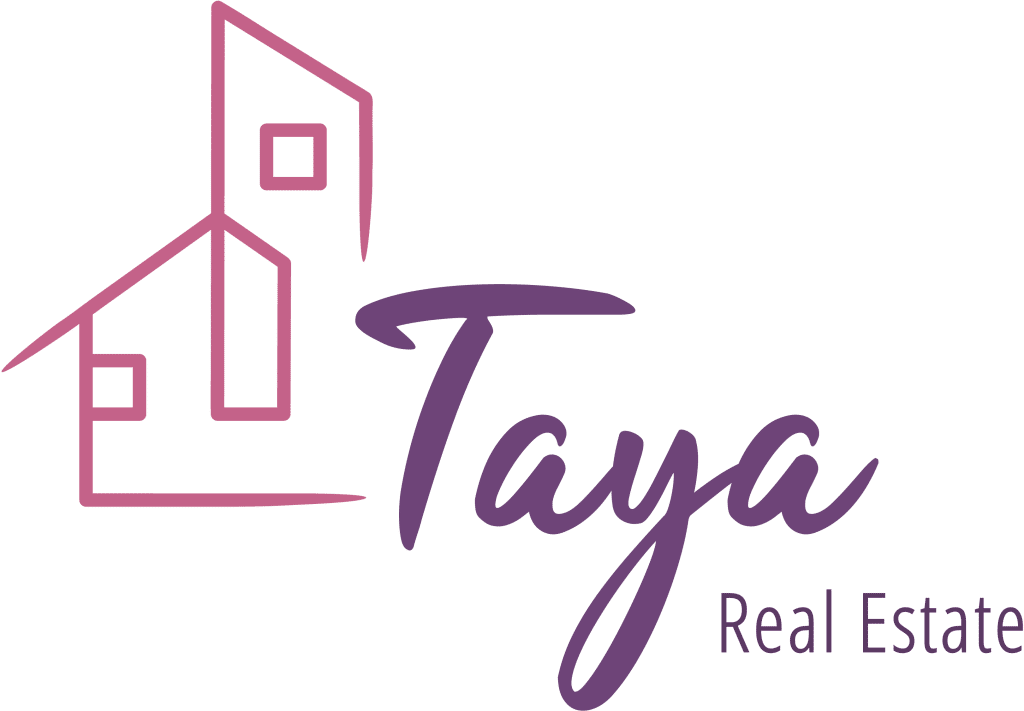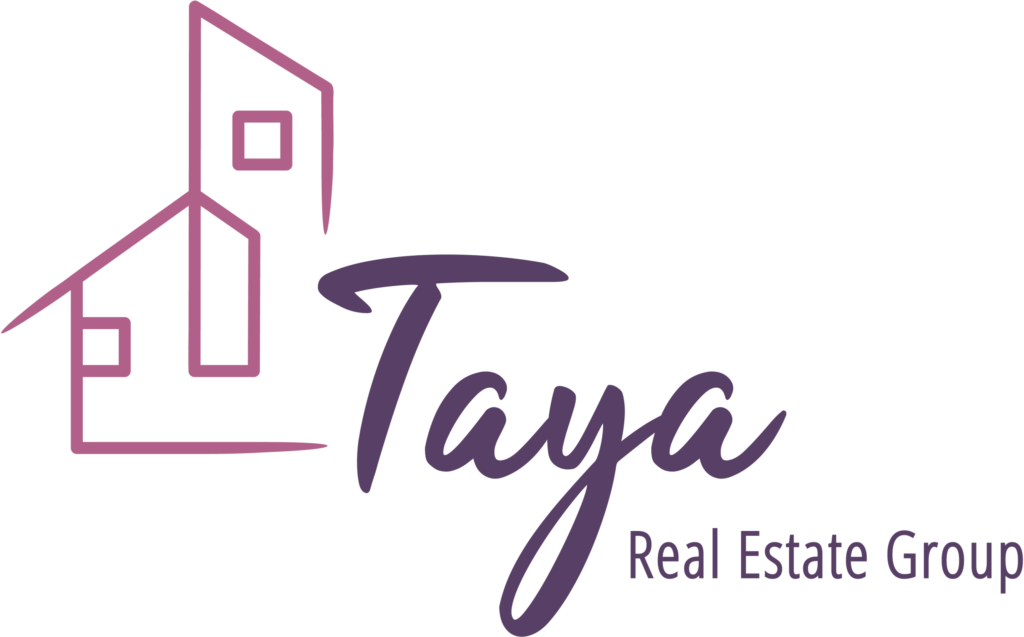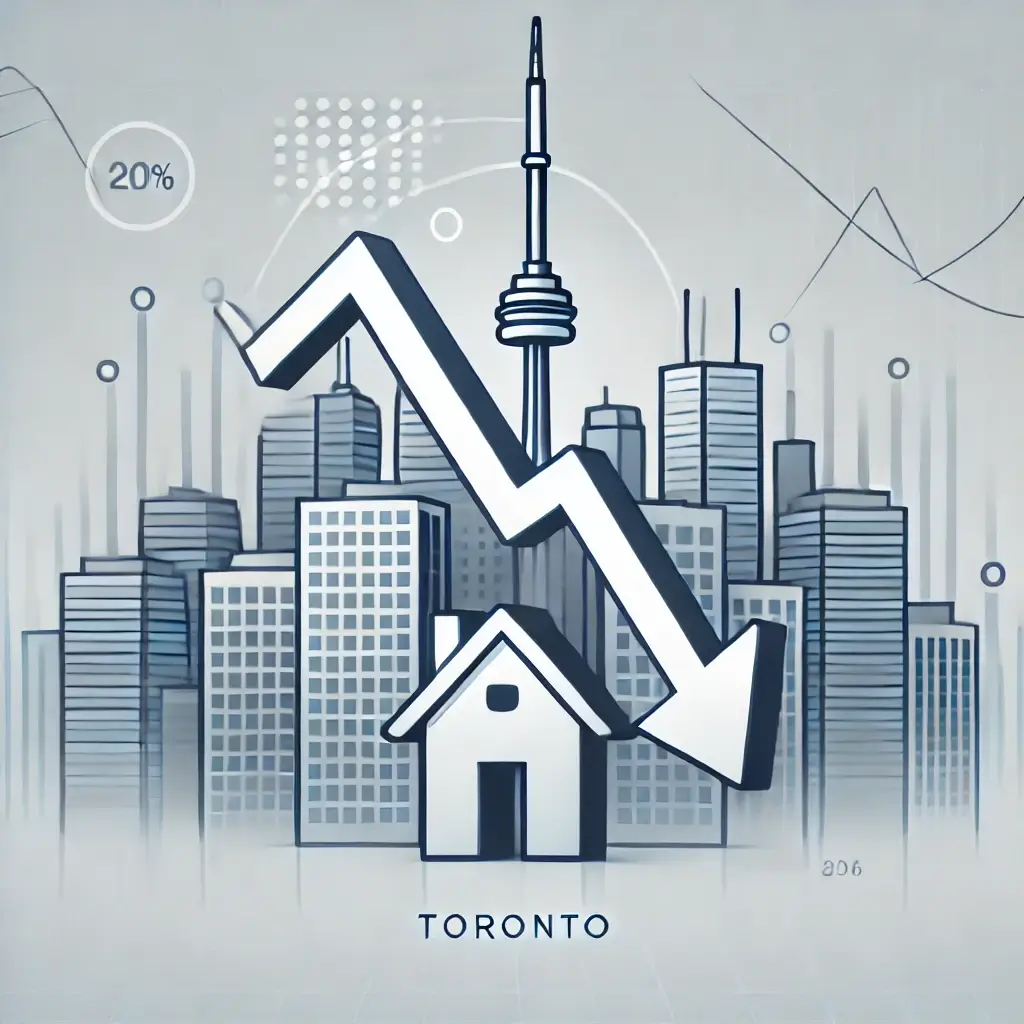Toronto’s real estate market is one of the most dynamic and closely watched in North America. With 2025 well underway, the landscape is shifting in big ways—rising interest rates, evolving immigration policies, increasing rental stock, and ambitious housing initiatives are reshaping how people live and invest in the city.
Whether you’re a first-time buyer, investor, renter, homeowner looking to sell, or an immigrant starting a new life in Toronto, this guide will help you navigate Toronto’s real estate market in 2025 with clarity and confidence.
Table of Contents
- Toronto Real Estate Snapshot 2025
- Buying in 2025: Trends, Prices & Best Areas
- Renting in Toronto: Current Market & Tips
- Selling Your Home in 2025: Strategy & Timing
- Investing in Real Estate: Opportunities & Risks
- Government Policies Shaping the Market
- Neighborhood Watch: Where to Buy, Rent, or Invest
- What Immigrants & Newcomers Need to Know
- Practical Steps for Entering the Market
- Financing a Home in 2025: Mortgages & Incentives
- New Trends in Sustainability & Green Housing
- Tech and Real Estate: Smart Homes, AI, and Virtual Tours
- Legal Considerations & Common Pitfalls
- The Future Outlook: 2026 and Beyond
- Conclusion
1. Toronto Real Estate Snapshot 2025
Toronto’s market has been recovering from the volatility of recent years. In 2025, we’re seeing a stabilizing trend, with moderate price growth in most areas and increased rental demand. Key drivers include sustained immigration, tight housing supply, and a shift in buyer preferences toward more affordable, transit-accessible communities.
Quick Stats (as of Q1 2025):
- Average Home Price: $1.07 million (source: TRREB)
- Average Monthly Rent (2-Bedroom Condo): $3,250
- Sales-to-Listings Ratio: Balanced market in most regions
2. Buying in 2025: Trends, Prices & Best Areas
Buying a home in 2025 means dealing with affordability challenges—but it’s not all bad news. New inventory, innovative financing tools, and motivated sellers are opening new doors.
Buyer Trends:
- Increased interest in townhomes and condos over detached homes
- First-time buyers turning to outer boroughs and pre-construction
- More buyers using family co-signing and shared purchases
Best Areas to Buy:
- Scarborough: Emerging communities with good value and transit access
- East York & Danforth: Family-friendly with solid schools
- Etobicoke & Mimico: Condos with lake views and strong appreciation potential
Work with a local agent who knows where incentives are available and what pre-construction units have solid upside.
3. Renting in Toronto: Current Market & Tips
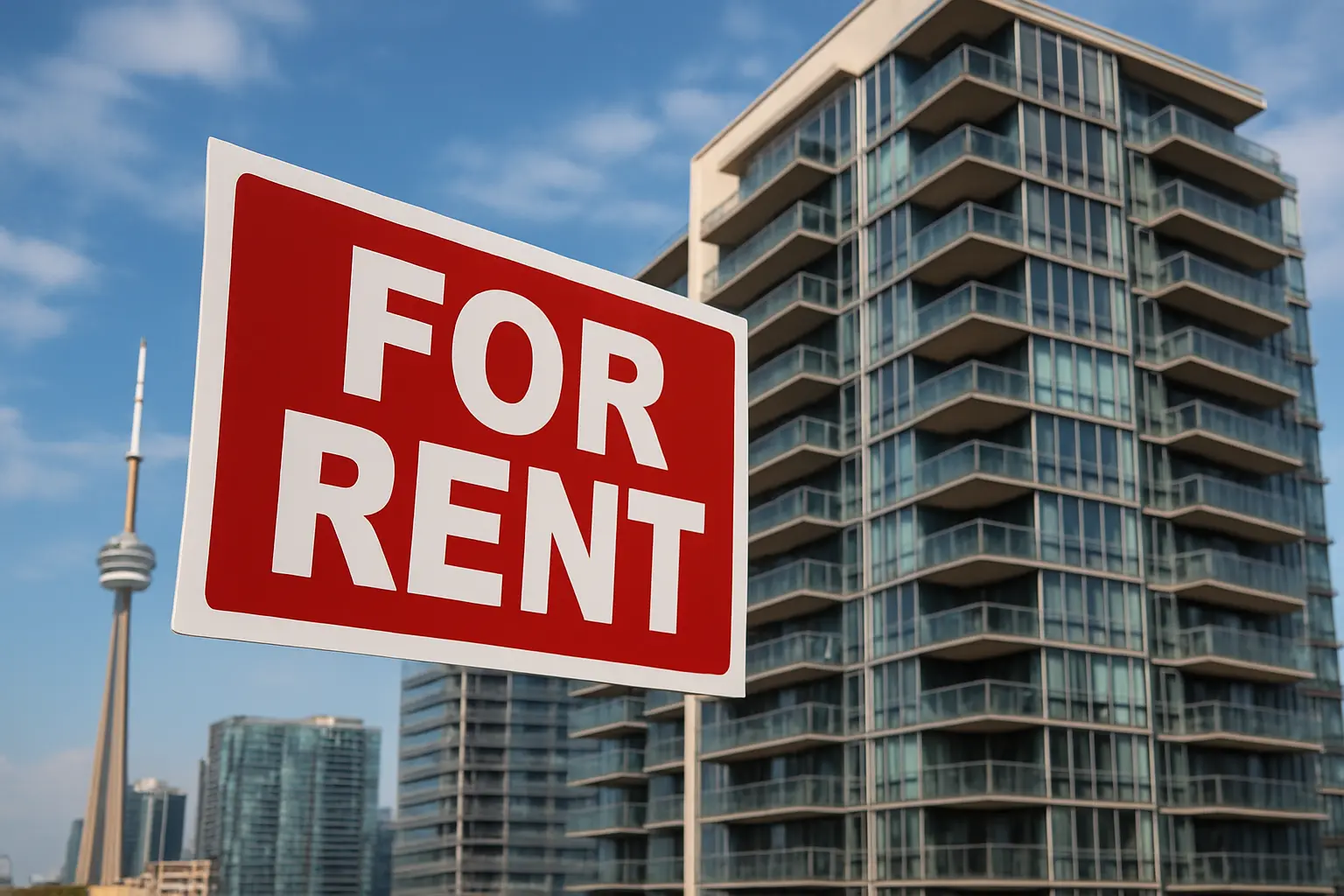
Renting in Toronto is still a hot topic—especially with rising home prices and a growing newcomer population. Vacancy rates remain low, and monthly rents are climbing.
Current Rental Landscape:
- Average rent for a 1-bedroom condo: $2,500–$2,800/month
- Most competitive areas: Downtown Core, Liberty Village, and North York
Renter Tips:
- Get your rental application ready in advance (credit report, references, proof of income)
- Act fast—desirable units often rent within 48 hours
- Consider professional property managers for better-maintained units
For newcomers, short-term rentals or co-living arrangements are great ways to get settled before committing to a lease.
4. Selling Your Home in 2025: Strategy & Timing
Sellers must be strategic in 2025. While demand is strong, buyers are cautious, and properties that aren’t priced or presented well can linger.
Selling Strategies:
- Stage your home and invest in professional photography & virtual tours
- Work with an agent who leverages digital marketing + social media
- Be flexible and adjust your pricing based on early feedback
When to Sell:
- Spring and Fall remain peak seasons
- Listings in high-demand school districts often sell faster year-round
The average days on market has increased slightly to 28–32 days, so patience and preparation are key.
5. Investing in Real Estate: Opportunities & Risks
Toronto remains one of Canada’s top cities for long-term real estate investing. But 2025 brings both opportunities and caveats.
Hot Investment Types:
- Legal duplexes/triplexes with strong cash flow
- Pre-construction condos in gentrifying neighborhoods
- Student rentals near UofT, Ryerson, York University
Watch Out For:
- Increasing property taxes and maintenance fees
- Short-term rental regulations that limit Airbnb options
- Higher mortgage stress test thresholds
Run a detailed cash flow analysis and keep an eye on local bylaws. A good property manager is worth their weight in gold.
6. Government Policies Shaping the Market
Policy has a huge impact on affordability and availability. In 2025, several major initiatives are influencing the market.
Notable Policies:
- Vacant Home Tax in Toronto now fully enforced
- Foreign Buyer Ban extended until end of 2025
- CMHC Mortgage Insurance changes affecting down payments
- New Housing Accelerator Fund projects starting construction
These programs aim to balance the market and improve access for residents—but they also reshape investment strategies and pricing.
7. Neighborhood Watch: Where to Buy, Rent, or Invest
Let’s break it down by category to help you find the best area depending on your goals.
For Buyers:
- Riverdale – Quiet streets, parks, great schools
- Mount Dennis – Affordable homes, upcoming LRT boost
For Renters:
- Liberty Village – Trendy and walkable with new rental buildings
- Yonge & Eglinton – Good value and access to both TTC and new LRT
For Investors:
- Regent Park Revitalization Zone – High-growth, government-backed
- Jane & Finch corridor – Long-term value as new infrastructure builds out
8. What Immigrants & Newcomers Need to Know
Newcomers are a cornerstone of Toronto’s growth—and face unique challenges when entering the housing market.
Tips for Immigrants:
- Apply for a credit card immediately to build history
- Look into newcomer mortgage programs with major banks (e.g., RBC, Scotiabank)
- Many landlords require 12 months of rent upfront if no Canadian credit exists
Best Areas for Immigrant Families:
- Mississauga & Brampton – Diverse, great schools, and value
- North York – Central, well-served by transit, and full of amenities
Community centers, cultural organizations, and real estate agents with newcomer experience can make a big difference.
9. Practical Steps for Entering the Market
Whether you’re renting or buying, here’s a simplified path to get started.
For Buyers:
- Check your credit and talk to a mortgage broker
- Determine your budget and get pre-approved
- Narrow your preferred neighborhoods
- Hire a real estate agent
- Start viewing properties and make offers
For Renters:
- Set a monthly rent budget (don’t exceed 35% of income)
- Gather your documents: credit, job letter, pay stubs
- Search platforms like Rentals.ca, PadMapper, or Zumper
- Book viewings fast and be ready to sign
Start early, ask lots of questions, and trust your gut—it’s a competitive market, but with the right help, it’s manageable.
10. Financing a Home in 2025: Mortgages & Incentives
Securing a mortgage in 2025 requires more strategy than ever. With interest rates gradually climbing and lending criteria tightening, it’s crucial to know what tools are available to help buyers get ahead.
Mortgage Trends:
- Variable rates are back in favor, offering lower upfront payments despite potential long-term volatility.
- Short-term fixed mortgages (1-2 years) are being used as bridge solutions in uncertain times.
Incentives for Buyers:
- First Home Savings Account (FHSA): Up to $8,000 per year tax-free toward a home
- Land Transfer Tax Rebates: Available for first-time homebuyers up to $4,000 provincially and additional rebates for Toronto
- Shared Equity Programs: Programs like CMHC’s First-Time Home Buyer Incentive offer a government equity stake in exchange for lower monthly costs
Tips to Improve Mortgage Approval:
- Improve your credit score above 680
- Lower your debt-to-income ratio
- Save for a larger down payment (20% or more avoids CMHC insurance)
Work with a mortgage broker who can shop rates and guide you through niche lending programs, especially for self-employed buyers or newcomers.
We suggest checking out these mortgage calculators https://tayarealestate.com/calculator-hub/.
11. New Trends in Sustainability & Green Housing
Sustainability is no longer a luxury—it’s becoming a priority for homebuyers and developers in Toronto. In 2025, eco-conscious choices are influencing everything from building materials to home energy systems.
What’s Trending:
- Net-zero homes: Homes that produce as much energy as they consume.
- Green roofs & rainwater collection systems: Especially popular in downtown infill builds.
- EV charging infrastructure in condos and new developments.
- Energy-efficient appliances & windows: Often included in pre-construction incentives.
Many Toronto developers are now seeking LEED certification or similar eco-standards to appeal to younger buyers and to meet new city guidelines.
What Buyers Should Know:
- Green homes may qualify for property tax rebates or lower utility costs.
- Ask about the EnerGuide rating or Home Energy Score when viewing a listing.
- Long-term value: Eco-friendly homes often appreciate faster and have lower maintenance.
12. Tech and Real Estate: Smart Homes, AI, and Virtual Tours
Toronto’s real estate industry is rapidly embracing tech—from how homes are marketed to how they’re built.
Major Shifts in 2025:
- Smart Home Features: Security systems, thermostats, lighting, and appliances are now integrated into many new listings.
- Virtual Staging & Tours: Buyers can walk through homes using VR or 3D platforms, especially helpful for international investors and busy locals.
- AI-Powered Search: Tools like HouseSigma and Properly use predictive analytics to help buyers determine when and where to buy.
For agents and sellers, these tools can reduce days on market and increase buyer engagement. For buyers and renters, they make shopping faster and more personalized.
13. Legal Considerations & Common Pitfalls
With real estate transactions often being the largest financial decisions people make, it’s essential to understand the legal landscape.
Legal Must-Knows in 2025:
- Double representation rules: Your agent must disclose if they also represent the seller or buyer.
- Assignment sales on pre-construction units are now more regulated and taxable.
- Short-term rental licensing: If buying to Airbnb, ensure your unit is legal under Toronto’s bylaws.
Common Pitfalls:
- Skipping the status certificate when buying a condo.
- Failing to budget for land transfer tax (double if buying in Toronto proper).
- Buying pre-construction without understanding closing costs (development levies, utility hook-ups, HST).
Always involve a real estate lawyer, especially if you’re an investor or immigrant unfamiliar with Ontario law.
14. The Future Outlook: 2026 and Beyond
While 2025 is a year of stabilization, what’s coming next?
Predicted Trends:
- More mid-rise development along transit corridors.
- Growth in co-ownership and multigenerational housing.
- New tech, like AI property valuation and blockchain-based title transfers.
- Continued immigration, putting pressure on rental and affordable housing.
With interest rates potentially dropping again in late 2025, expect another buying surge by early 2026. Smart investors are positioning themselves now.
15. Conclusion
Toronto real estate in 2025 is full of complexity, opportunity, and competition. Whether you’re buying your first home, renting downtown, or planning a long-term investment, the key is being informed and prepared.
If you’re thinking about making a move in Toronto—or just want to explore your options—I’m here to help.
Visit TayaRealEstate.com to:
- Browse listings across the GTA
- Book a free consultation
- Get access to market reports, buyer/renter guides & investment tips
Let’s make your real estate goals a reality in 2025.
